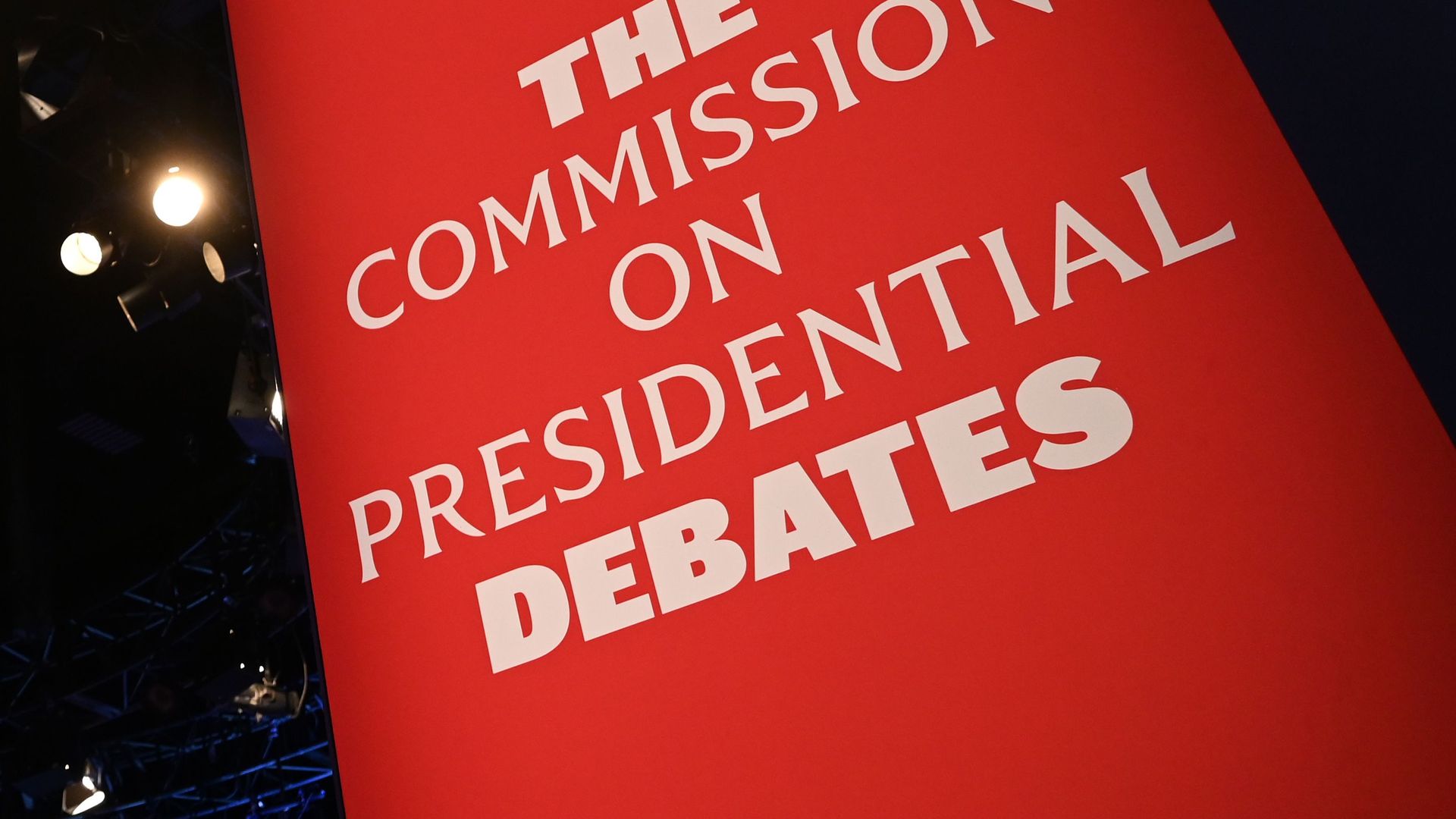
[RAY BOGAN]
General election presidential debates have three requirements to qualify. If a candidate doesn’t meet them, they won’t be on the stage.
To qualify, a candidate must: 1) be Constitutionally eligible to hold the office of President of the United States, 2) appear on a sufficient number of state ballots to have a mathematical chance of winning a majority vote in the Electoral College, and 3) have a level of support of at least 15 percent of the national electorate, as determined by five national public opinion polling organizations, using the average of those organizations’ most recently publicly-reported results at the time of the determination.
These rules are set by the Commission on Presidential Debates, which organizes the events. The Republican and Democratic parties do not have a say. The Commission explained that they want the debates to educate voters, but not act as a springboard for a lesser known candidate.
The commission explained: “It was the CPD’s judgment that the 15 percent threshold best balanced the goal of being sufficiently inclusive to invite those candidates considered to be among the leading candidates, without being so inclusive that invitations would be extended to candidates with only scant public support, thereby jeopardizing the voter education purpose of the debates.”
The last time an independent candidate participated in a debate was 1992 when businessman Ross Perot joined President George H.W. Bush and Arkansas Governor Bill Clinton.
It could happen again in 2024. There is already one independent candidate in the race Robert F. Kennedy Jr. While he does not currently have five polls showing15 percent support, a Monmouth University poll from December 11 showed 6% of voters would definitely vote for him, while 15% said probably.
Other independent or third party candidates are considering a run, like Senator Joe Manchin. The organization No Labels is working to get on the ballot in all 50 states so it can nominate a candidate.
In 2016, Green Party candidate Jill Stein attempted to participate in the debates. She showed up at the venue the day of for interviews with the press but was escorted off the Hofstra University campus by police. Stein ultimately received about one percent of the vote and was considered a spoiler for Hillary Clinton. This year, candidates said they don’t want to be spoilers, so they’re being more cautious before entering.







